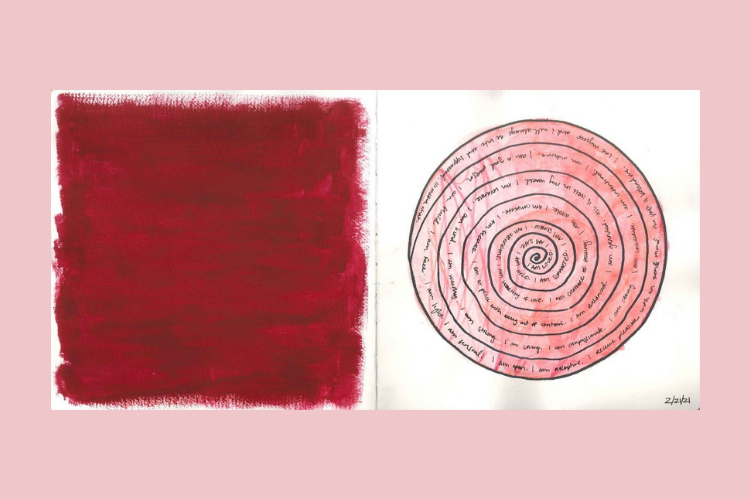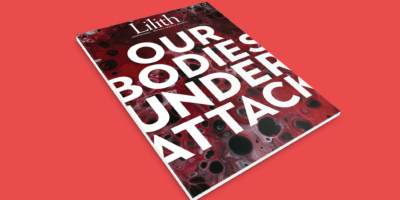
A Tough Torah Portion with Wisdom for Survivors
“Ohh, that one,” said the cantor, only half-attempting to hide his reticence and disgust. He was referring to the parsha (Torah section) that I would chant at my bat mitzvah.
Turns out he was not alone. Most clergy are less than psyched to talk about Tazria-Metzora. It’s a reading about skin afflictions, pus, and genital discharge. It details purification protocols after childbirth, seminal emissions, discharges of all kinds, and menstruation, including situations calling for isolation from community. These messy topics are often taboo, even in healthcare settings. Additionally, in the Torah portion, they’re couched in an ancient Jewish cultural framework of ritual purity and impurity that can be hard to make sense of in modern times….
As a survivor of childhood sexual abuse, with my most intimate boundaries violated at an early age, I never got to develop a true understanding of my “yes” and “no.” Yet the boundaries paradigm of Tazria-Metzora has invited me to pull back from touch with friends and loved ones so that I can learn to listen to what my body wants, and consciously cultivate different forms of touch-based connection. By pulling back, I can honestly say “yes” to the kinds of touch I truly want. In finding my “yes” I am also learning to identify my “no” before my boundaries are crossed.
Another boundary practice offered by the Torah portion is niddah, the period of separation during and after one’s bleeding time. Some people observe nidda by refraining from all touch for the duration of bleeding and for seven days after. I don’t strictly follow these rules, but I have experimented with taking space from my partner during and after my moontime. I usually sleep separately for a few nights. I spend a lot of time with myself reading, writing, and tending to sacred dreaming. This cyclical shedding of lifeblood is a powerful time; when I retreat from the world around me, my bleeding time becomes its own kind of sacred space, free of shame and full of connection with myself. Even after I finish bleeding, it takes a day or two to transition out of this liminal state and back into a boundaried state in which I can safely return to the world around me. Water immersions and other body-based rituals help me to make this transition. Tazria-Metzora’s wisdom is clear: When I am spiritually vulnerable, consciously limit what enters my physical and energy fields. Before engaging with others again, make sure my boundaries are adaptable yet strong, so that I can exercise agency.
Tazria-Metzora has also helped me to be gentle with myself. I have spent so much of my life striving to feel whole, and I can be hard on myself: Why is my PTSD still so active? Will I feel broken forever? I’m back to that again? In Temple times, the protocols required for purification differed depending on the source of the impurity.The Torah portion Tazria-Metzora reminds me: Have patience and self-compassion. My journey is unique and it will take however long it takes.
From the Lilith Blog, April 2022. Read the full article here.






